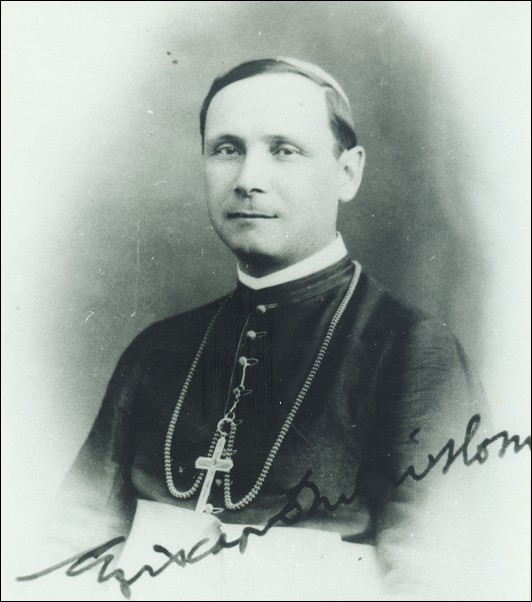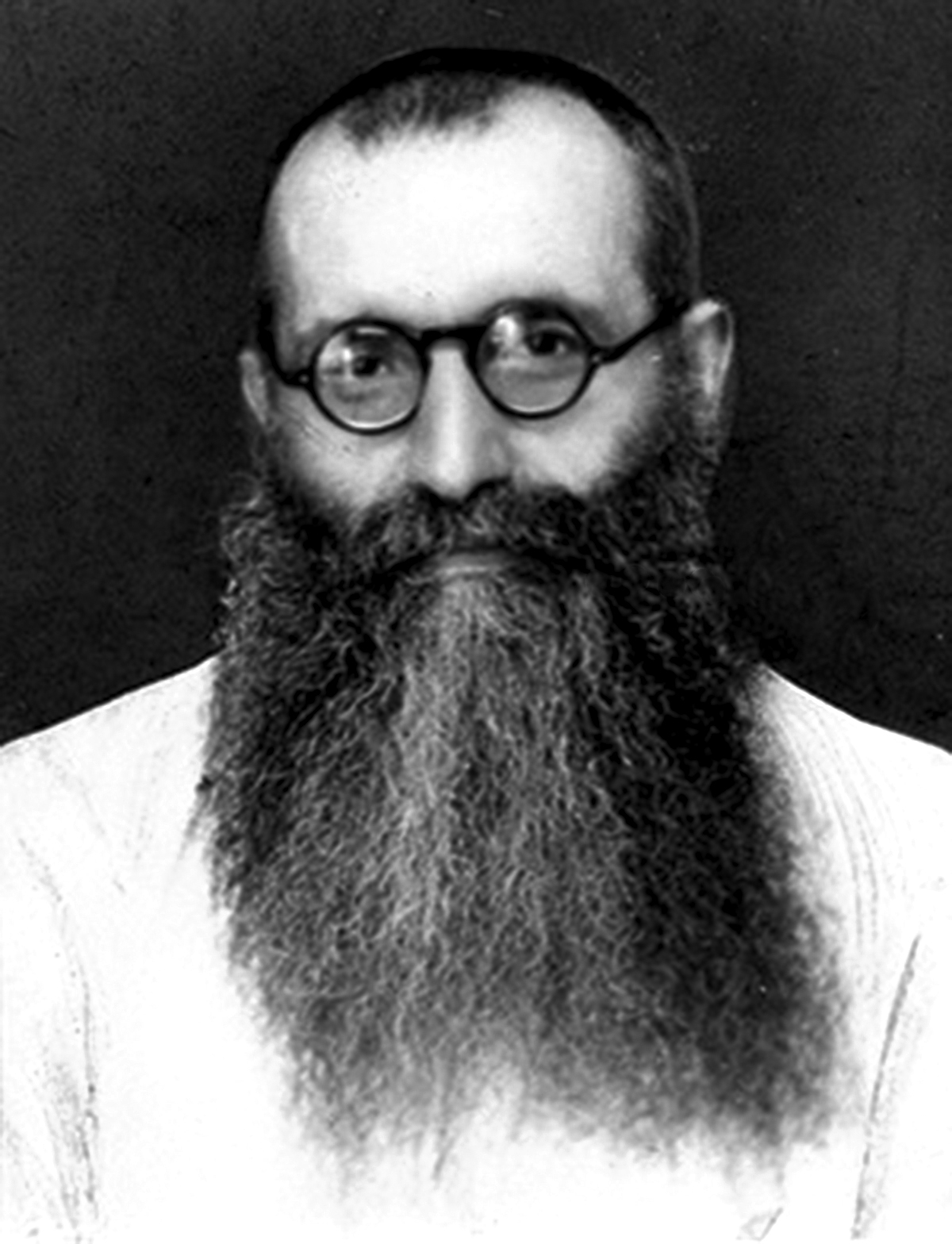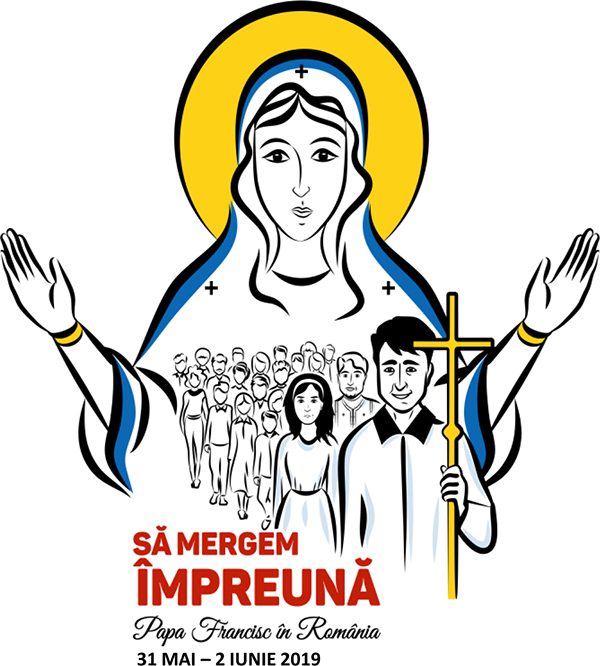

VATICAN CITY (CNS) — Pope Francis will beatify seven bishop-martyrs of the Eastern-rite Romanian Catholic Church on the last day of his apostolic visit to Romania May 31-June 2, who died during a fierce anti-religious campaign waged under the communist regime in Romania, which was then violently overthrown in 1989.
His visit to the predominately Orthodox country will include six destinations, including a popular Marian shrine of Șumuleu Ciuc in the Transylvanian region June 1, and will be his 30th foreign trip after visiting Morocco in late March and Bulgaria and Macedonia in early May.
During a meeting March 19 with Cardinal Angelo Becciu, prefect of the Congregation for Saints’ Causes, Pope Francis recognized the martyrdom of the seven bishops, as well as that of an Italian missionary killed in Myanmar.
One of the bishops — Bishop Iuliu Hossu of Gherla — had been named a cardinal by St. Paul VI “in pectore,” or in his heart, withholding publication of his name until 1973. The bishop died in 1970 at the age of 85 after living under house arrest since he was released from prison in 1955.
The other bishops the pope recognized as giving their lives for the faith were:
- Auxiliary Bishop Vasile Aftenie of Fagaras and Alba Iulia, who died in 1950 at the age of 50.
- Bishop Valeriu Traian Frentiu of Oradea Mare, who died in prison in 1952 at the age of 77.
- Auxiliary Bishop Tit Liviu Chinezu of Fagaras and Alba Iulia, who died in prison in 1955 at the age of 50.
- Bishop Ioan Suciu, the apostolic administrator of Fagaras and Alba Iulia, who died in 1953 at the age of 45.
- Bishop Ioan Balan of Lugoj, who died in 1959 at the age of 79.
- Bishop Alexandru Rusu of Maramures, who died in prison in 1963 at the age of 78.

The pope also recognized the martyrdom of Fr. Alfredo Cremonesi, a member of the Pontifical Institute for Foreign Missions, who worked nearly 30 years in the mountains of Myanmar, then known as Burma, despite periods of intense hardship and conflict.
Born in 1902, the priest went by boat to Burma to serve the Karen people living in isolated villages. He survived the same difficulties as the people when Japanese troops occupied the nation during World War II and he refused to leave when Karen guerillas launched a rebellion against the new government formed when the nation achieved independence from the United Kingdom in 1948.
Now considered the longest running civil war in the world, the conflict included government attacks on the villages where Fr. Cremonesi lived. In 1953, soldiers shot him and others, believing they were part of the rebel groups.
Pope Francis also advanced the sainthood causes of six other candidates. Among the decrees the pope signed was one recognizing the miracle needed for the beatification of Mother Maria Emilia Riquelme Zayas, who founded the Missionary Sisters of the Blessed Sacrament and Mary Immaculate. She was born in 1847 in Granada, Spain, and died there in 1940. The other five candidates were Italians — one priest and four women who all founded religious congregations — by recognizing they lived the Christian virtues in a heroic way.

His trip to Romania will include visits to the Romanian Orthodox and Roman Catholic cathedrals, celebration of a Latin-rite Mass and an Eastern-rite Divine Liturgy, as well as separate meetings with political leaders, young people and families as well as members of the Roma community.
He will visit the capital, Bucharest, the cities of Bacau, Iasi, Sibiu, Blaj and the Marian shrine in Sumuleu Ciuc, a neighborhood of Miercurea Ciuc and an important place of pilgrimage for Hungarian Catholics, especially on Pentecost, which is June 9.
The overwhelming majority — almost 82 percent — of Romania’s 20 million inhabitants say they belong to the Romanian Orthodox Church led by Patriarch Daniel. The pope will meet with the patriarch privately May 31, followed by a joint prayer at the Romanian Orthodox cathedral. About 6 percent of the population identifies itself as Protestant and over 4 percent identify as Catholic, belonging either to the Romanian Catholic Church — an Eastern rite — or the Latin rite.
— By Carol Glatz, Catholic News Service.





